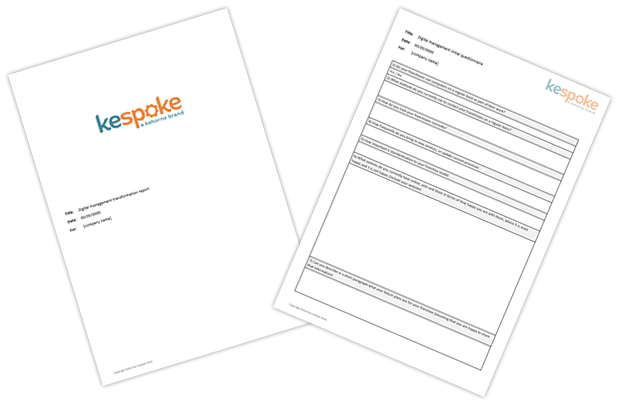This is also known as business automation or digital transformation, and is essentially using technology to automate an existing business process, the end result being a time/cost saving as well as enforcing a standardised process to help produce a consistent outcome, within a predictable timeframe.
Typically, these are complicated business processes, the end result being the simplifying of the business by removing a lot of the human interaction required when the business process is not automated.
The tools and toolsets used vary in complexity (depending on the industry and process), but business areas where this is common are Sales, Marketing and workflow. Development of these systems will focus on the User Interface more than the underlying code or database, is this is seen as the quickest route to automating a process, and mean that a lower level of training is required to manage the process.
The biggest challenge to this is the introduction of a new layer of technology for users to use, as well as the challenge of integrating it into other existing automated processes in the business. For this to be successful there does need to be an overall plan to work to.
It is also important that the original process is mapped out in detail and all of the potential forks and hurdles are fully appreciated and dealt with before the BPA (Business Process Automation) is done.
Click to see an example of Business Process Automation that Kespoke has been involved in










